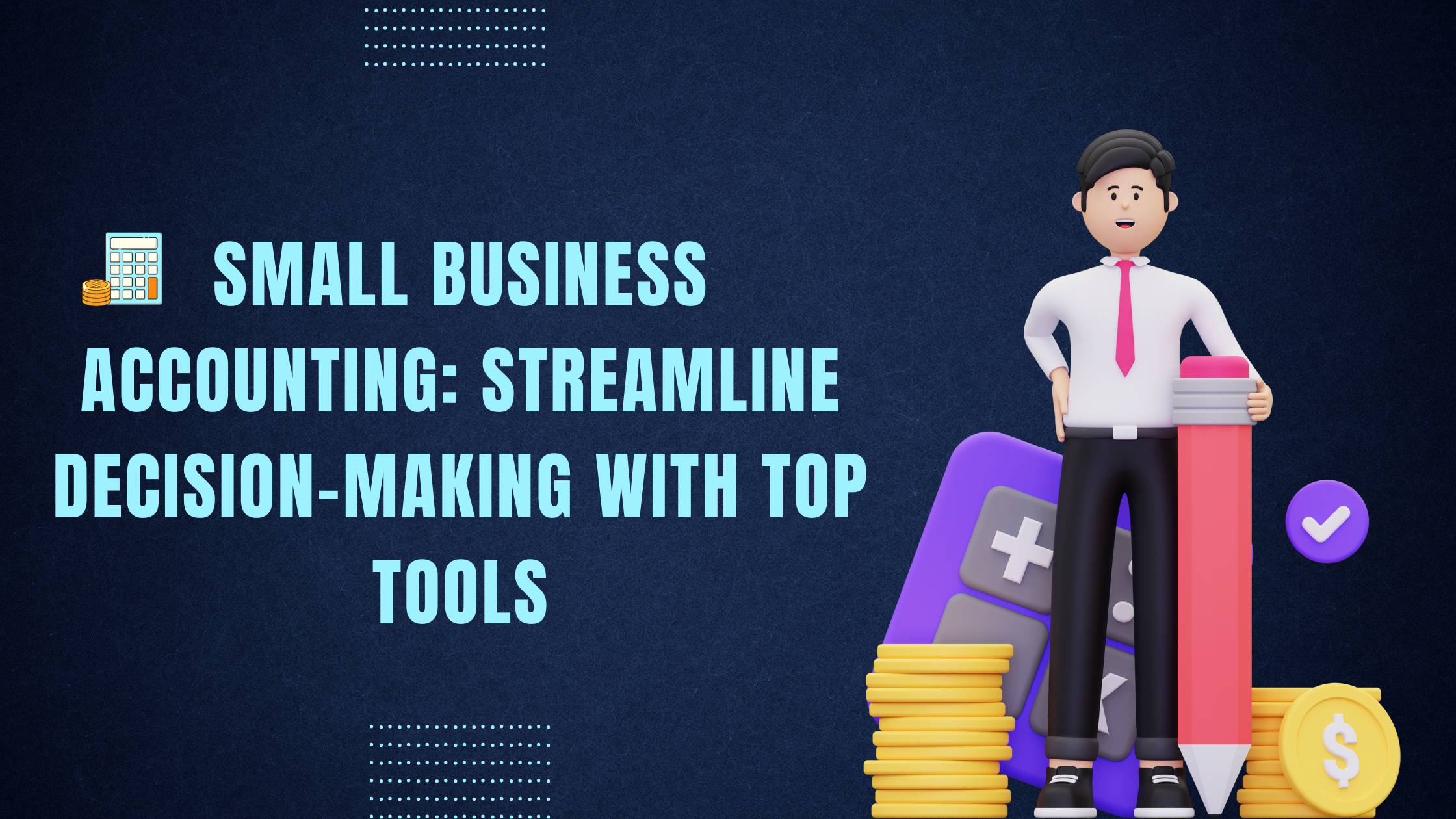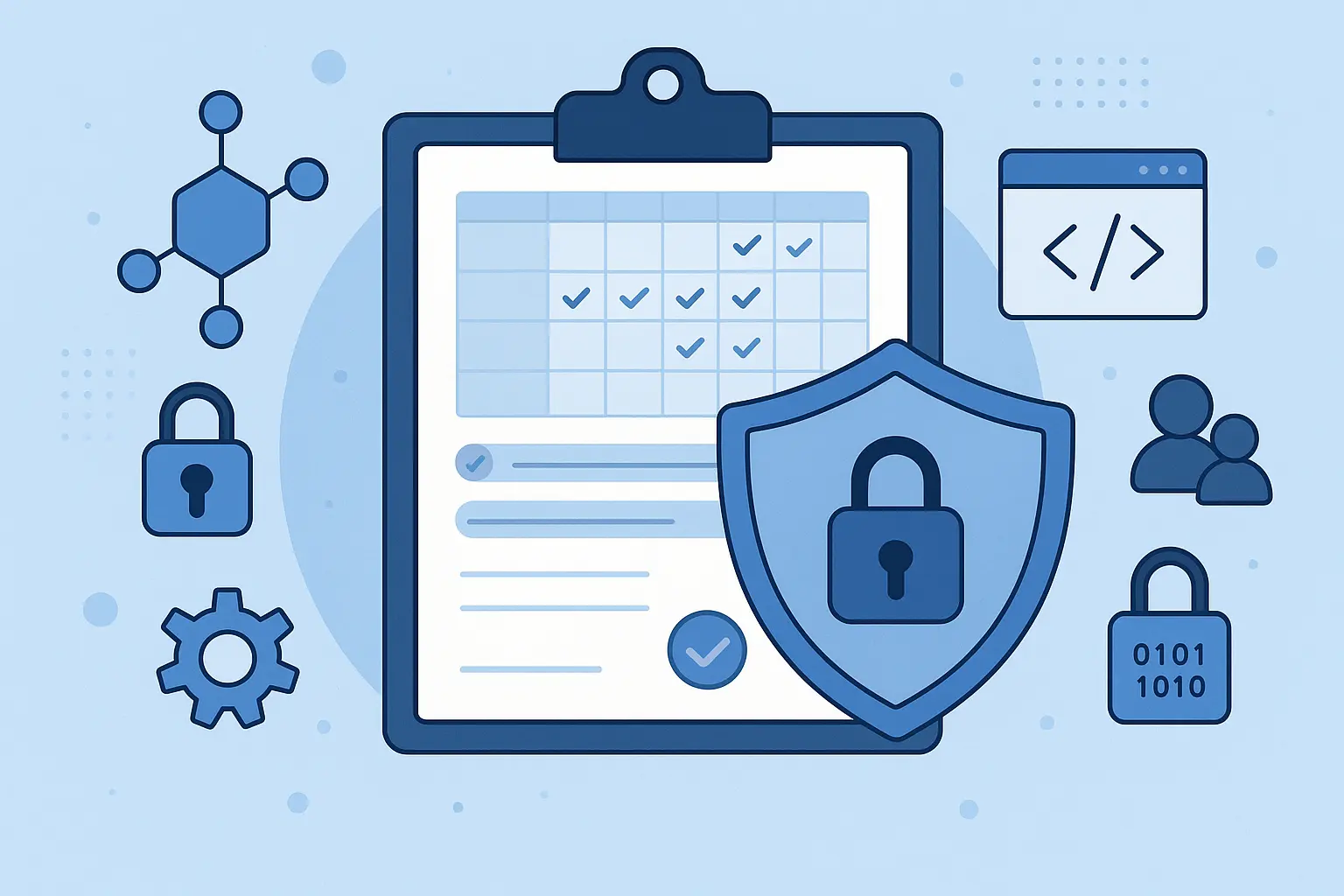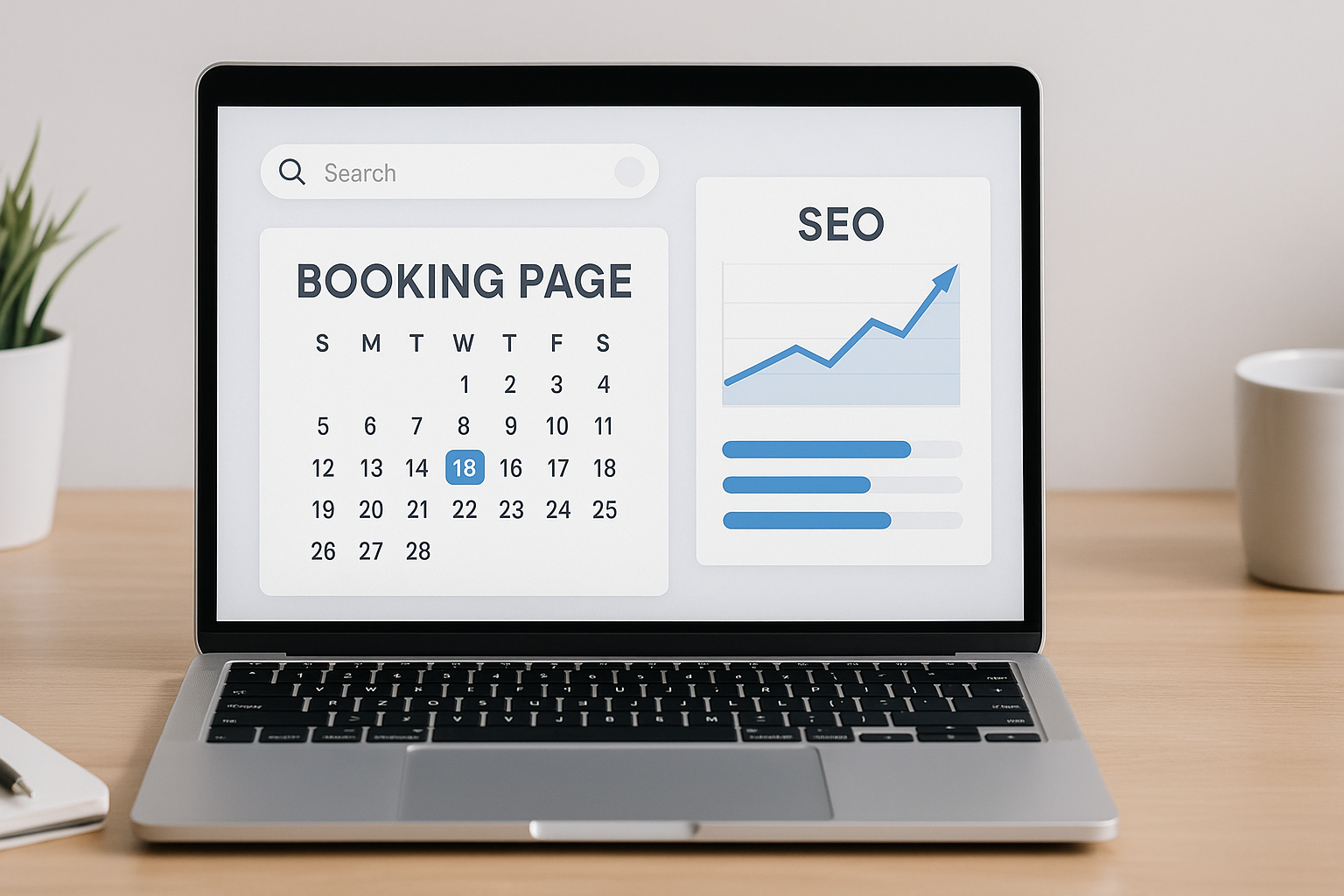As a small business owner, optimizing your decision-making process is crucial for the financial health and overall success of your venture. One key aspect that demands your attention is accounting, which helps you gain insights into the financial state of your business and supports you in making informed decisions. Utilizing the right tools can greatly enhance your decision-making capabilities, ensuring you stay on top of your financial management tasks.
To effectively leverage these tools, you need to understand the fundamentals of small business accounting and its role in decision-making. Proper accounting ensures accurate financial records, timely reporting, and compliance with tax laws, all of which are essential for making strategic decisions to grow your business.
Tools like accounting software, budgeting applications, and performance measurement solutions can streamline your processes, reduce errors, and provide you with valuable insights to inform your decisions.
With an array of tools available in the market, it’s crucial to identify the ones that best suit your business requirements and goals. Investing in user-friendly and efficient accounting tools will help guide your decisions and drive your small business toward a more successful future.
Understanding the Decision-Making Process in Accounting
Before diving into the accounting decision-making process, it’s crucial to establish and define your business goals. These goals will serve as the backbone for every financial decision you make. Whether you’re aiming to achieve profitability, growth, or any other objective, being clear about your business goals is the first step toward making informed decisions.
Analyzing Financial Data
Once you’ve identified your business goals, the next step is to gather and analyze pertinent financial data. This data comprises your company’s financial statements, budgets, and any other relevant records that can help you better understand its financial position. In this stage, you’ll examine income reports, expense tracking, and cash flow statements to gain an accurate picture of your business’s health.
To optimize the decision-making process further, consider choosing a bank for your small business, as it can help streamline your financial operations and provide convenient access to essential banking services.
Considering Alternatives and Risks
After analyzing the data, evaluate different alternatives and their associated risks. This step entails weighing pros and cons, projecting potential outcomes, and determining each alternative’s impact on your business goals. Take into account various factors, such as market conditions, potential competitors, and changes in legal or regulatory requirements, as these can influence the outcomes of your decision.
In this stage, you’ll also need to consider the possible risks associated with each alternative and devise strategies to minimize their impact. Being proactive about risk management can help safeguard your business’s financial health and ensure its long-term success.
Throughout the decision-making process in accounting, remember to maintain a confident, knowledgeable, and neutral tone. By following these steps, you’ll be well-equipped to make sound financial decisions aligned with your business goals and objectives.
Implementing Accounting Tools for Effective Decision-Making
Embracing artificial intelligence (AI) and data analytics can elevate small business accounting by automating tasks and simplifying decision-making processes.
AI-driven tools offer insights into financial trends and patterns, helping you make informed decisions for your business. By coupling AI with the power of data analytics, you can effectively manage your budget, optimize costs, and prioritize investments.
Budgeting and Forecasting Software
Proper budgeting and forecasting are essential for small businesses seeking financial stability. Implementing budgeting and forecasting software can help you create accurate financial projections and allocate your resources efficiently.
Such tools allow you to track expenses, monitor revenue, and predict future cash flows. Additionally, you can easily adapt to changes in your market by adjusting your financial plans and goals accordingly.
Decision-Making Models and Frameworks
Implementing decision-making models and frameworks such as DACI, can streamline complex small business decision processes. DACI (Driver, Approver, Contributors, Informed) is a widely used decision-making model that assigns clear roles and responsibilities to team members. Templates and documentation tools can facilitate communication and save time while ensuring all relevant parties stay informed.
One way to improve your documentation and communication process is by leveraging the power of effortless Office to PDF conversion—this allows you to share important financial projections, strategic plans, and budgets in a universally accessible format, preserving the original formatting and ensuring consistency across your team.
Building a Culture of Informed Decision-Making
To optimize your small business accounting and decision-making process, you must take the initiative as a leader to foster a positive environment for collaboration within your team.
Promote open communication and teamwork, which will encourage employees to contribute their knowledge, perspectives, and expertise. This collective effort can lead to well-informed decisions, benefiting all stakeholders involved. Emphasize the importance of diverse points of view and the need for data-driven insights.
Continuous Learning and Skill Development
Invest in continuous learning and skill development for your team. Enable access to training materials and workshops that help enhance their decision-making skills. This will empower them to shift from relying solely on intuition to making data-backed decisions. A well-trained workforce will be able to:
- Analyze accounting data and financial reports
- Identify business trends and opportunities
- Develop strategic plans for business growth
- Allocate resources more efficiently
Monitoring and Adjusting Decisions
Keep track of your decision-making process and its outcomes in a systematic and organized manner. Establish specific performance metrics that reflect the impact of your decisions, and maintain a continuous feedback loop with your team and other stakeholders.
By monitoring and adjusting your decisions, you can make informed course corrections to ensure excellence in your small business accounting and operations.
Conclusion
In today’s competitive business environment, you must optimize your small business accounting and decision-making processes. By investing in the right tools and techniques, you can strengthen the foundation of your business and position it for long-term success.
Data-driven decision-making is now more important than ever. Leveraging analytics for small businesses allows for a highly precise, adaptable, and growth-oriented approach. This includes identifying trends, understanding customers, and managing resources effectively.
By implementing these strategies, you’ll gain a competitive edge and make the most of your small business accounting and decision-making process. Remember to continuously review your systems and assess their effectiveness – this will ensure the longevity and prosperity of your business.








